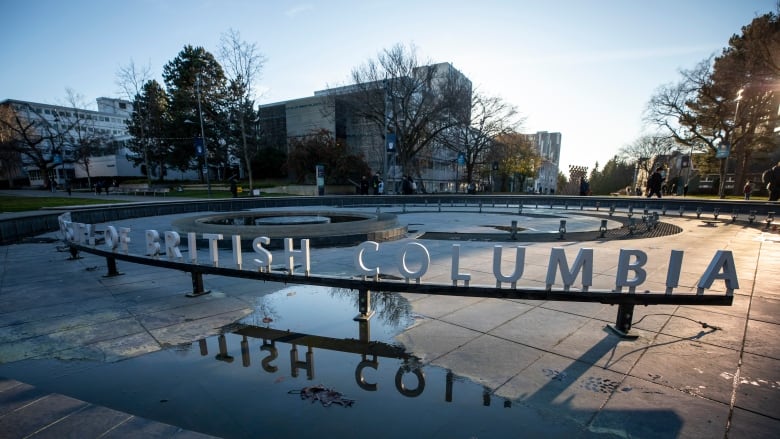UBC's transparency questioned after proposal to ban recordings, live tweets at board of governors meetings
Proposed changes are a first draft and will be altered based on the board's input, says UBC counsel

Students and faculty are questioning the University of British Columbia's transparency after a board of governors committee asked to ban recordings and stop board members from live tweeting at all public meetings.
Only the board secretary would be allowed to use recording devices or cameras during the meetings under the proposed changes, which are outlined in a governance committee report going to the board on Friday. Governors would only be allowed to tweet about meetings once they're over.
The board manages the university's $2.2-billion operating budget across its two campuses in Vancouver and Kelowna, B.C., and sets tuition fees for its 65,000 students.
The proposal has provoked dismay online and highlights concerns over universities veiling their decision-making and shirking accountability.
Any organization that receives public money should have a full public record of it’s meetings.
—@NorthReflection"It's taking us a step backwards," said Charles Menzies, a UBC anthropology professor and board member who brought attention to the proposed changes in a blog post.
"We should be public, transparent and open about everything, and that includes allowing commentary during the meeting," Menzies added, noting he does not speak on behalf of the board.

The amendments caught some board members by surprise, including the board's chair, Michael Korenberg, who said the proposal's "objectionable" language came from university counsel Hubert Lai.
In a written statement, Lai called the proposal a first draft and said changes will be made based on the board's discussion. He said UBC is committed to being transparent and accountable.
"The university must also ensure it can balance transparency while also supporting good governance at the Board table," he wrote.
"These are the important considerations the Governance Committee will be discussing."
'It's not going to fly'
UBC would not be the first university to implement such changes.
In 2018, the University of Alberta's board of governors banned recordings at meetings, citing privacy reasons. Governance staff reportedly patrol the room for phones and laptops that may be recording.
And in 2016, Carleton University banned board members from live tweeting or recording meetings without permission.
At UBC, board and committee meetings are held every three months and are mostly open to the public, typically attracting a small group of journalists and observers.

Alex Nguyen, coordinating editor of The Ubyssey student newspaper, said the proposed ban on recordings would make it difficult for the paper's journalists to report on complex decisions.
"In the meetings, it's very bureaucratic lingo and very nuanced details being discussed with a lot of history involved," Nguyen said. "Having the ability to record things allows us to make sure that we all get the details right."
The paper published an editorial Sunday questioning the board's stance on transparency and calling for the motion to be dismissed Friday.
Board chair Michael Korenberg told CBC News it's unlikely the recording ban will pass.
"It's not going to fly," he said. "I can't imagine any board members voting in favour that."
But the ban on live-tweeting will be debated more carefully, Korenberg said. The report argues that social media is a distraction for board members.
Menzies, who tweets regularly from board meetings, says board members who are active on social media, including student representatives, tend to be more engaged.
"I would really hope that my colleagues think about it," he said. "It's a pretty harsh rule."

